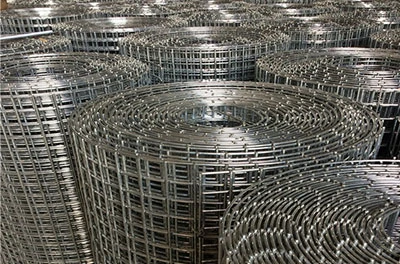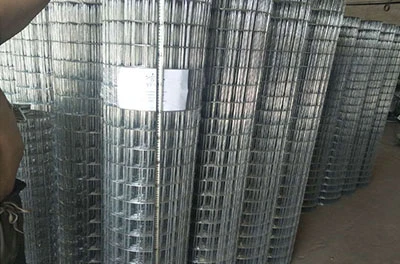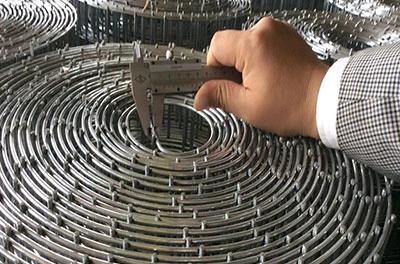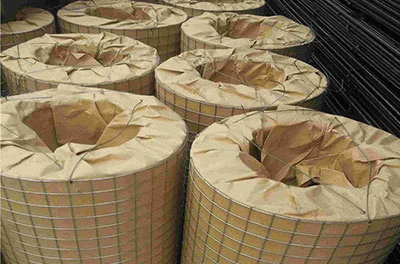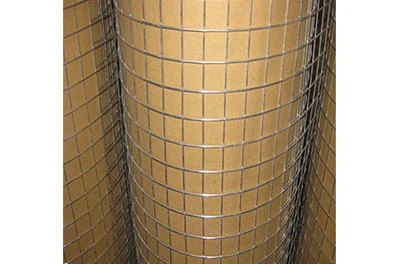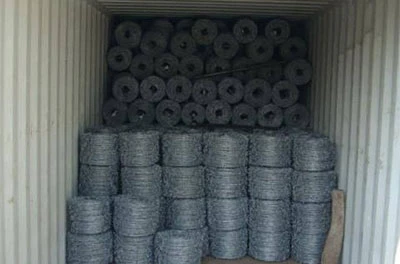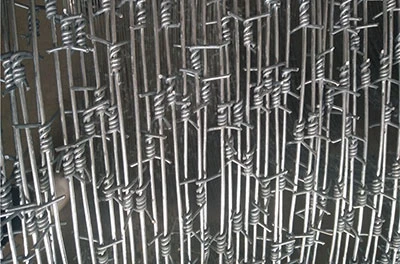Feb . 17, 2025 19:45 Back to list
decorative mesh suppliers

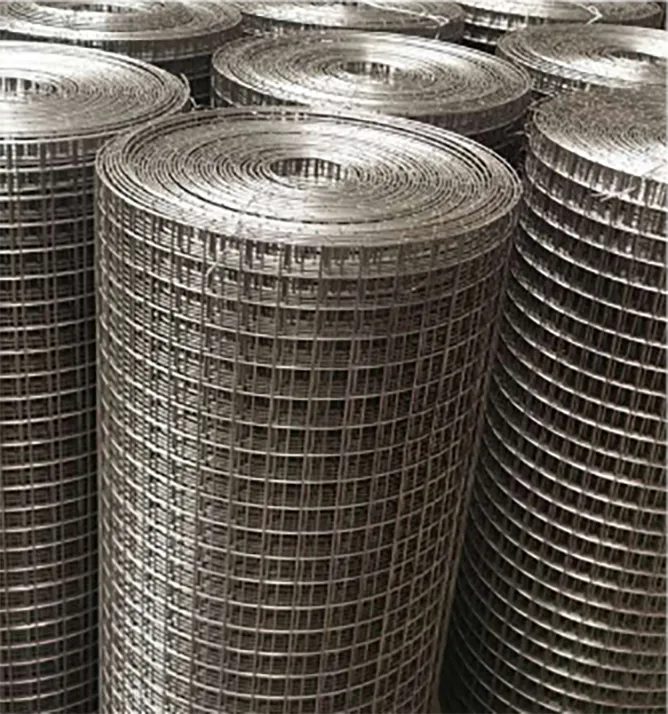
Authoritativeness in decorative mesh suppliers is demonstrated through certifications, partnerships, and affiliations with industry associations. A reputable supplier will often be recognized by certifying bodies that attest to the quality and durability of their products. Such endorsements are a testament to their commitment to maintaining industry standards and ensuring customer satisfaction. Suppliers with authoritative standing usually participate in trade shows, publish in industry journals, and hold patents for innovative mesh technologies, further solidifying their position as leaders in the field. Trustworthiness is an essential attribute that builds long-term relationships between suppliers and clients. Factors such as transparent pricing, reliable customer service, and positive client testimonials contribute significantly to the trustworthiness of a supplier. When a supplier is trustworthy, they communicate clearly about lead times, potential issues, and maintenance requirements of the decorative mesh. Moreover, a trustworthy supplier will have a solid after-sales service system to address any queries or issues post-purchase. This reliability not only provides peace of mind but also ensures that projects are completed smoothly without unnecessary delays. Additionally, sustainability practices are becoming increasingly important when choosing suppliers. Environmentally-conscious production methods and the use of recycled materials can enhance a company's reputation and appeal to eco-friendly clients. Suppliers who invest in sustainable practices often demonstrate a forward-thinking approach to business, which can be crucial in today's market where environmental concerns are paramount. In conclusion, selecting the right decorative mesh supplier involves evaluating their experience, expertise, authoritativeness, and trustworthiness. By thoroughly assessing these factors, you can ensure that you choose a supplier who not only meets your aesthetic and functional requirements but also aligns with your values and project goals. This careful selection process will ultimately lead to successful design implementations and lasting partnerships in the realm of architectural and interior design.
Latest News
-
Brick Mesh Wall Solutions | Enhanced by GPT-4 Turbo Design
NewsAug.01,2025
-
Premium Anti-Climb Fence Spikes for Sale
NewsAug.01,2025
-
Premium Peach Post Fence | Durable & Stylish Security
NewsJul.31,2025
-
Best Galvanized Grating Price - Durable Galvanized Steel Grating Solutions
NewsJul.30,2025
-
0.5-4.0mm Wire 2×2 4×4 8×8 Hot Dipped Galvanized Welded Mesh Roll
NewsJul.30,2025
-
Metal Fence Pickets for Sale – Durable Galvanized & Steel Options
NewsJul.29,2025
Our company owns has excellent CAD steel grating drawing designers, who can provide customers with perfect steel grating layout design and better meet customers' special requirements for products. We have been adhering to it the business tenet of "quality first, customer first", with high-quality products, reasonable prices, and the fastest delivery time, we wholeheartedly provide customers with a full range of services! Welcome new and old customers to cooperate sincerely and create brilliance together!
Contact Us
WELCOME TO OUR COMPANY!
Thank you for your interest in our services! If you have any questions or wousld like to book a service, please don’t hesitate to contact us. Our team is dedicated to providing you with the highest level of service and support, and we are committed to working with you to make your event a success.

Service Email

Service Phone
Product Center
Contact Us
- Phone: +86 +86 15733154345
- E-mail: sales@chengsenchina.com
- Address: B1213 GLOBAL CENTER, NO.226 ZHONGHUA NORTH STREET, SHIJIAHUANG, CHINA


